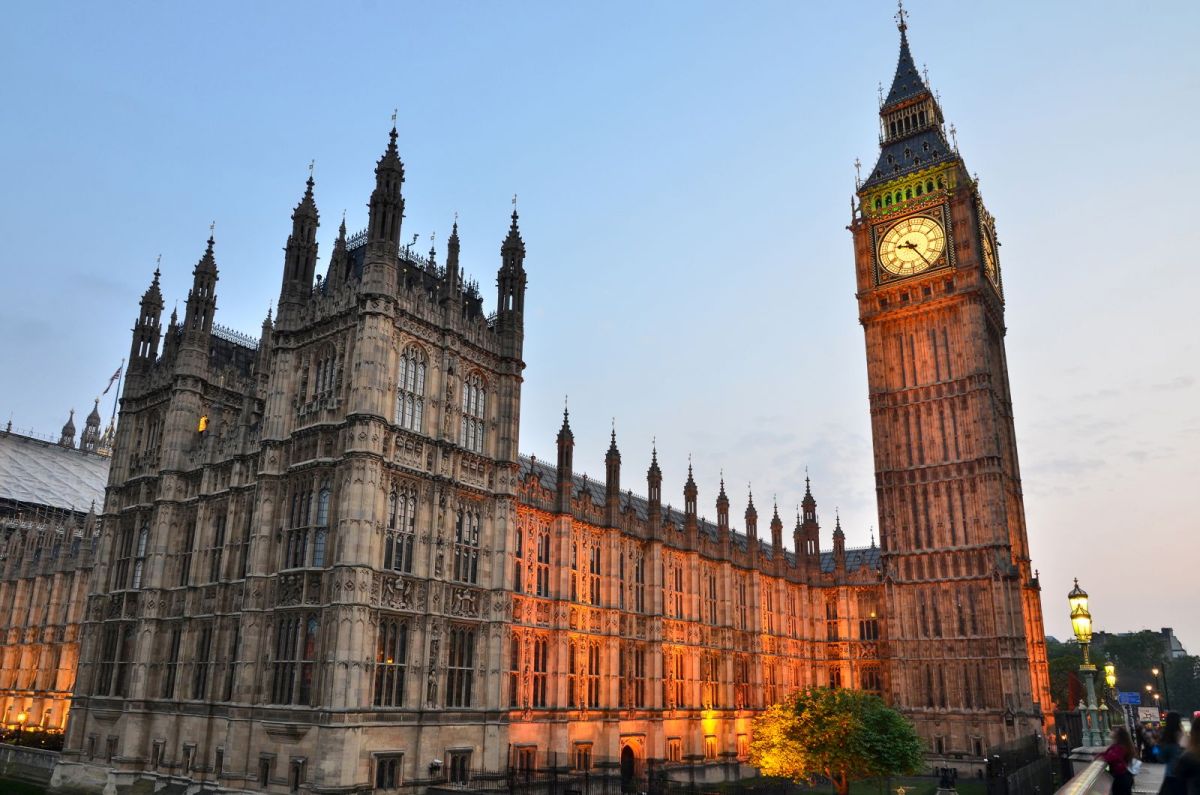The UK 2020 budget was announced earlier this week, just a matter of days before the end of the tax year. An important day in the financial calendar, the budget lays the foundations for spending in the medium term and is ultimately when we find out the material impact of government financial policy.
Incumbent chancellor Rishi Sunak gave the announcement under testing circumstances. The perennially delayed budget arrived in the midst of the uncertainty brought about by the spread of the coronavirus, a topic which dominated the early stages of the speech. Money was committed to combat the virus, with the NHS promised a blank cheque in the coming months.
As for investors, the budget contained nuggets of directly impactful policy and plenty of macroeconomic points of interest to think about.
Long term savers protected
For investors, there were no monumental changes within the budget. There are, though, some gems that could make a material difference to savings.
For high earners, news relating to pensions was positive. The government raised the tapered annual allowance threshold for pensions from by £90,000. Most savers get tax relief on up to £40,000 in pension contributions every tax year. This is reduced by £1 for every £2 of “adjusted” income over £150,000, down to a minimum of £10,000. The government announcement will see only those with “adjusted” earnings of over £240,000 affected by the taper, though the minimum is dropping to £4,000.
There had, in the run-up to the budget, been talk of slashing pension contribution tax relief for high earners. This would have meant reducing the 40% tax relief rate to 20% or meeting the two in the middle somewhere. This, fortunately for savers, did not come to fruition, and the raising of the tapered annual allowance threshold came as a pleasant surprise.
A bold response
Ultimately, this budget represents a fairly punchy response from the government. The Bank of England, too, took action by slashing interest rates by 0.5%. The budget acknowledges that we are in a position of crisis and spends accordingly. The short-term backdrop is not pretty, but the government is putting the UK in a position to respond well in the medium and long term.
The budget included a long list of measures specifically aimed at mitigating damage to small businesses and consumers impacted by the current crisis. The headline figure is the £30 billion of special spending promised, which is a decent start. That figure probably won’t be a panacea for the current crisis, but it will be a welcome relief to many.
There was very little mention of funding. The government cut Entrepreneurs Tax Relief, which would have been a fairly easy decision. Corporation tax is, at 19%, already extremely low. Digging into the report from the Independent Office of Budgetary Responsibility, the answer becomes clear – the spending is largely debt-financed. The government has taken advantage of low interest and inflation rates in an effort to give the economy a shot to the heart.
A broad vision is necessary
For most investors, the key will be to focus on the long term and to view the government budget as a reassurance. For a Conservative government, the budget is heavy on spending in a situation where heavy spending seems to be exactly what is needed.
With the government taking fairly hefty measures to get the economy back on track, now is not the time for extreme knee-jerk reactions. With markets down, it can be tempting to fully disinvest to avoid any further dips in value. The problem with this strategy is that to fully disinvest is to cement your losses and to entirely miss out on the recovery period (we recently published a blog post on this topic).
In his speech, Rishi Sunak was careful to stress that the government expects the downturn to be short-lived. As with similar events in the past, markets will rally in time. For investors, fully disinvesting at a time when valuations are low and buying back in once a recovery has taken place is a surefire way to lose money in the long run. For savers with a longer timeframe on their investments, the effect of coronavirus will likely represent little more than a blip in their overall performance.
The UK government budget was a positive step on a macro level, given that proactive measures are what the economy is in need of. If you want more information on what the budget means for your personal investments, our trained investment consultants are on hand to offer support. Get in touch if you want to discuss anything discussed in this blog post further.





